Sid Meier’s Civilization 7 was released in February 2025, and it takes the general well-received formula of Civilization 6 and changes it. While fans like some newly-introduced features, others pale compared to its prequel. Though the ages system is the most talked about change in Civilization 7, it isn’t the only one.
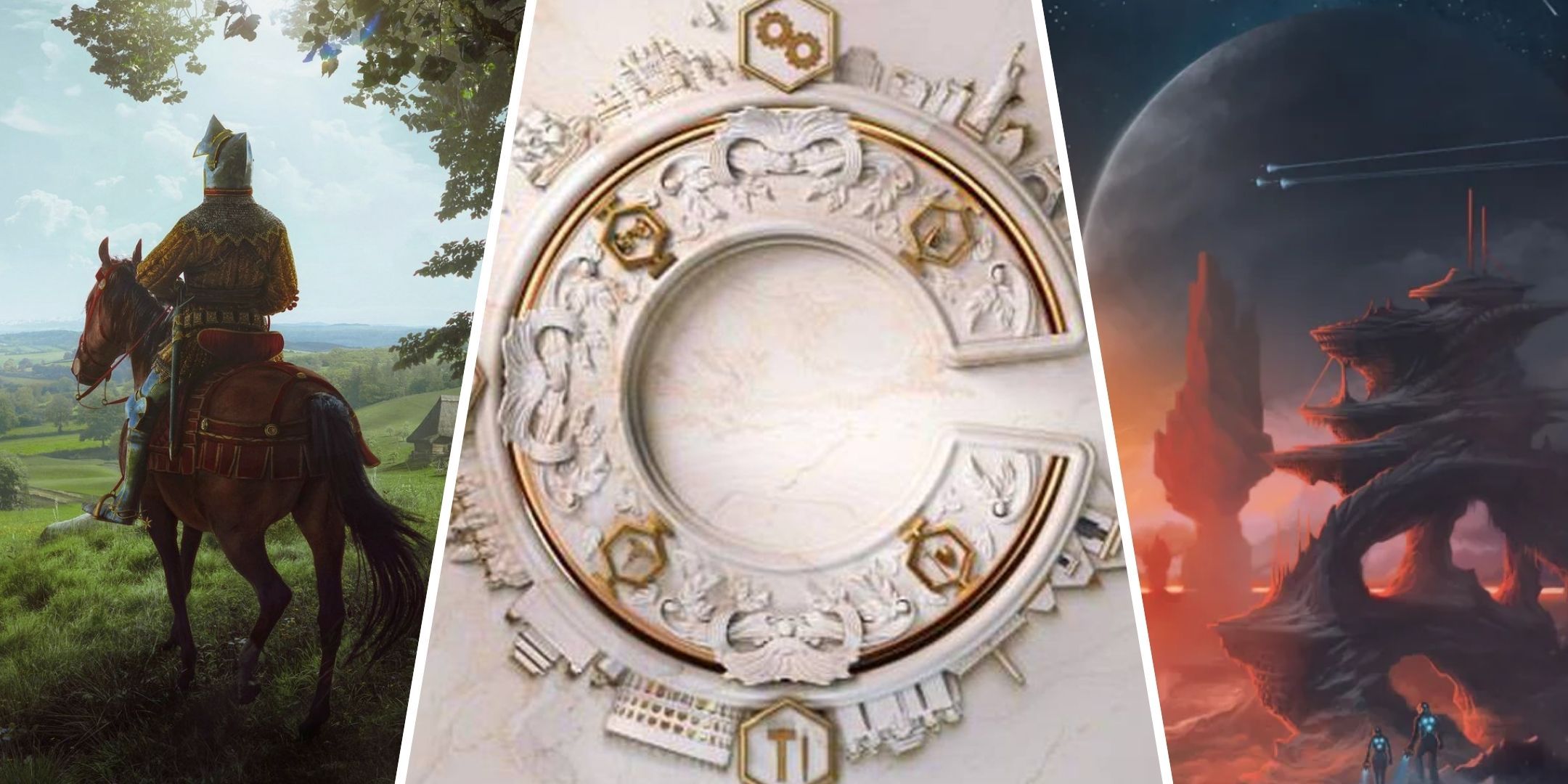
Related
11 Games To Play If You Like Civilization 7
Ready to conquer some more worlds and build more empires? Then check out these wonderful strategy titles.
From quality-of-life changes to streamlining the overall gameplay, there’s enough in the newest Civilization game to separate it from other games in the series. With Civilization 7 being so controversial, those on the edge may wonder what makes it so different from the previous game in the series.
8
Lead Your Army With Commanders
Commanders Abilities Will Determine How You Fight
How you fight in wars has changed and Civilization 7 streamlines your army. Commanders are military units that can house up to four more units. This number can increase up to six with upgrades. You need to pick the upgrades that best suit your strategy.
Some commanders are unique to certain ages, so you can only select them when you reach the appropriate era. Commanders are the only units in the game that can gain experience and earn promotions. They’re also ageless, meaning they’re carried over to the next age and can also recover after being killed.
7
A More Dynamic Map
Rivers Are Navigable And The Flat Terrain Is Now More Elevated
Rivers aren’t just a source of water anymore, since you can navigate them now in Civilization 7. That isn’t all, as the previously flat terrain is more elevated, letting you climb certain spots to see mountains and cliffs across the map. Some may assume this change is primarily for aesthetic purposes, but you might be able to devise new strategies based on the dynamic map.
Elevated terrain can give you a significant advantage during wars and can be used smartly when establishing a settlement. Similarly, the rivers can be used to minimize travel times when in a rush or as a mode of transport if you don’t want to travel through land.
6
Independent Powers Have Risen
Barbarians And City-states Have Been Removed And Independent Powers Have Taken Their Place
Independent powers spawn at the start of each civilization and are either friendly or hostile. If hostile, enemy units will attack your settlement. You can send a military unit to take care of the independent powers. If you are playing on a harder difficulty, the independent powers can easily overpower you, so be careful if you get entangled with them.

Related
Civilization 7: 8 Best Leaders For Beginners
Here are the best leaders for beginners in Civilization 7!
Independent powers won’t affect you negatively if they’re friendly. On the contrary, you can befriend them to get rewards. You will have to spend influence to befriend independent powers, though other civilizations may attempt to get on their good side too. Spending more influence can speed up the process of befriending independent powers.
5
Builder Units Removed
Improving Or Expanding Cities Is More Automated And Requires Less Time And Management
The process of creating settlement improvements has become more streamlined in Civilization 7. Builder units have been completely removed and now improvements depend on the population’s growth. Roads show up automatically when you build a settlement and merchants gradually construct the roads as they use trade routes. You can no longer manually build roads.
If you want to expand your settlement, you can simply choose the location and the improvements will automatically be built as your population continues to grow. This is a drastic change as previously you had to use builder units to build structures and improvements. While this change is likely aimed at making the gameplay less tedious, some believe it takes away from the essence of Civilization games, since every task, no matter how minor, used to be important.
4
Build Towns Before Turning Them Into Cities
Settlers Start With A Small Town And Have The Choice To Turn It Into A City After They Grow
Starting with a town rather than a bustling city is a logistically sound decision. In Civilization 7, settlers found towns with limited production that require less management. This gives you more time to explore and once towns grow enough, you can turn them into cities or a specialized form of a town. This specialized form lets you expand your settlement’s land without progressing it to a city.
This change gives you time to adjust and plan early in the game. Once your settlement gets big enough, you can decide between claiming more land or progressing. If you want, your territory can be a mixture of towns and cities to retain the charm of both. Minus your capital, all your cities will revert to towns at the end of each age.
3
A New Currency Called Influence
You Can Spend Influence To Open Up New Avenues
Gold is still the predominant currency in Civilization 7 that’s used to improve settlements, but a new currency called influence can be used to shake things up. You can interact with friendly characters and spend influence to get more diplomatic choices during negotiations.
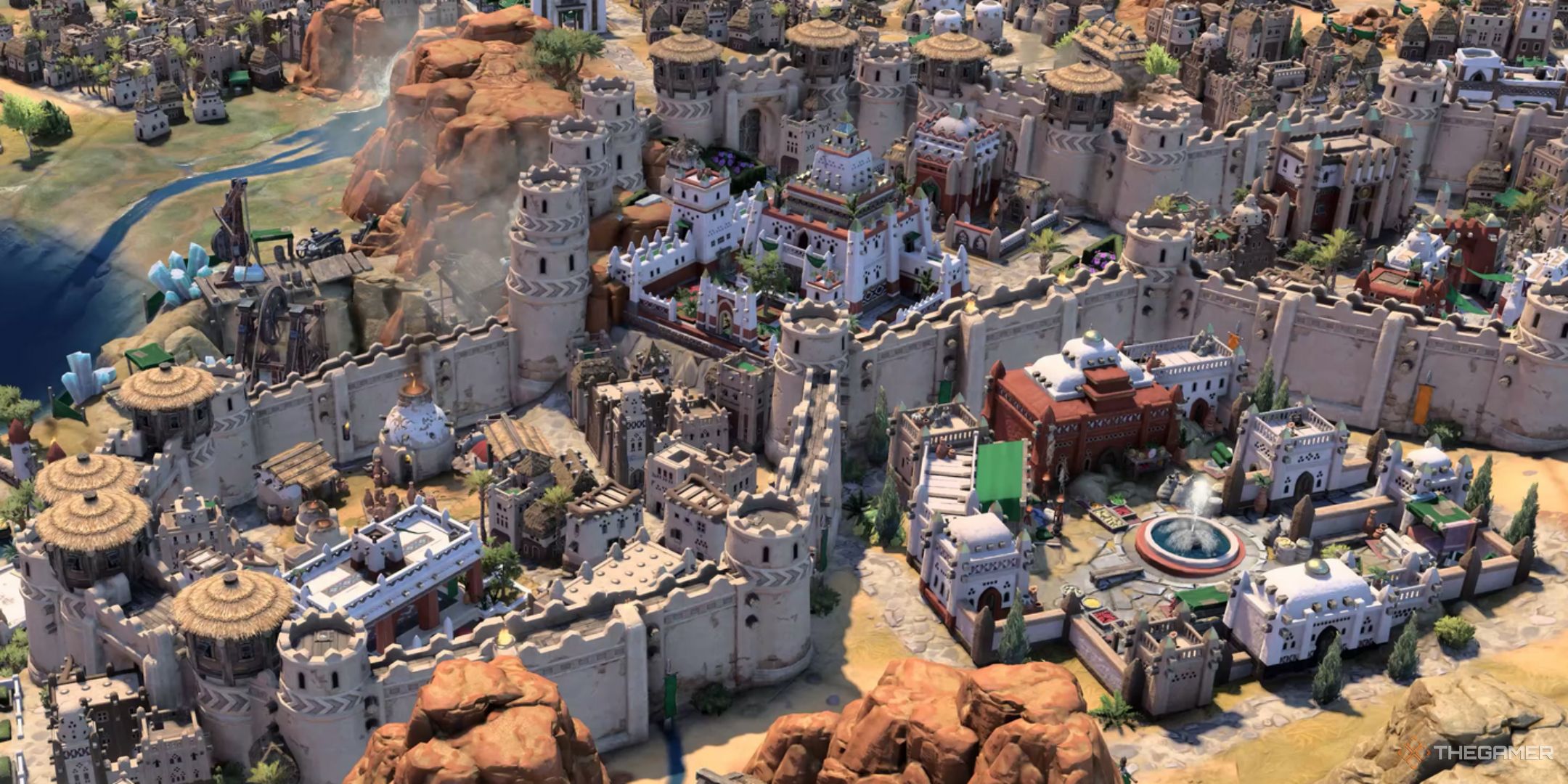
Related
Civilization 7: 8 Best Leaders For An Economic Victory
These are the best leaders to help you win an economic victory in Civ 7.
On the other hand, if you’re not friendly, you can sabotage your enemy or steal from them. If you’ve played Civilization 6, you’ll recognize some of the mechanics, but Civilization 7 has bundled all of them into the influence system. Getting influence in the game is straightforward. You can get this currency through leader traits, narrative events, and specific tiles and buildings.
2
Crisis Event
Crisis Events Determine Your Civilization’s State In The New Age
Crisis Events befall civilizations at the end of the first and second ages. Once a civilization reaches the end of its age, certain issues will arise. You will need to make choices that will lead to the event finally occurring. All Crisis Events are based on the civilization’s stats and the consequences are primarily seen during the next age.
Crisis Events will determine whether your new civilization is prosperous or in a negative state. Once your civilization reaches the time of its Crisis Event, commanders might revolt against the rule of their leaders, or a plague might lead to the loss of population. Regardless of the events that lead to your civilization’s downfall, you’ll enter a new age with certain reminders of the old civilization.
1
A New Ages System
Each Run Is Divided Into Three Ages: Antiquity, Exploration, and Modern
You choose a new civilization in each age, retaining the same leader even if the location of the civilization changes. This means future leaders can rule in past civilizations and vice versa. This removes some realism from the game but does keep things more consistent since you won’t have to pick someone new to lead your civilization at the start of every age.
The lesser number of ages is a significant deviation from Civilization 6, which had eight different ages you could go through throughout the game. Whether you like the change or don’t is another matter altogether. However, it can make for some comical civilizations, like Confucius leading the French Empire.
Source link
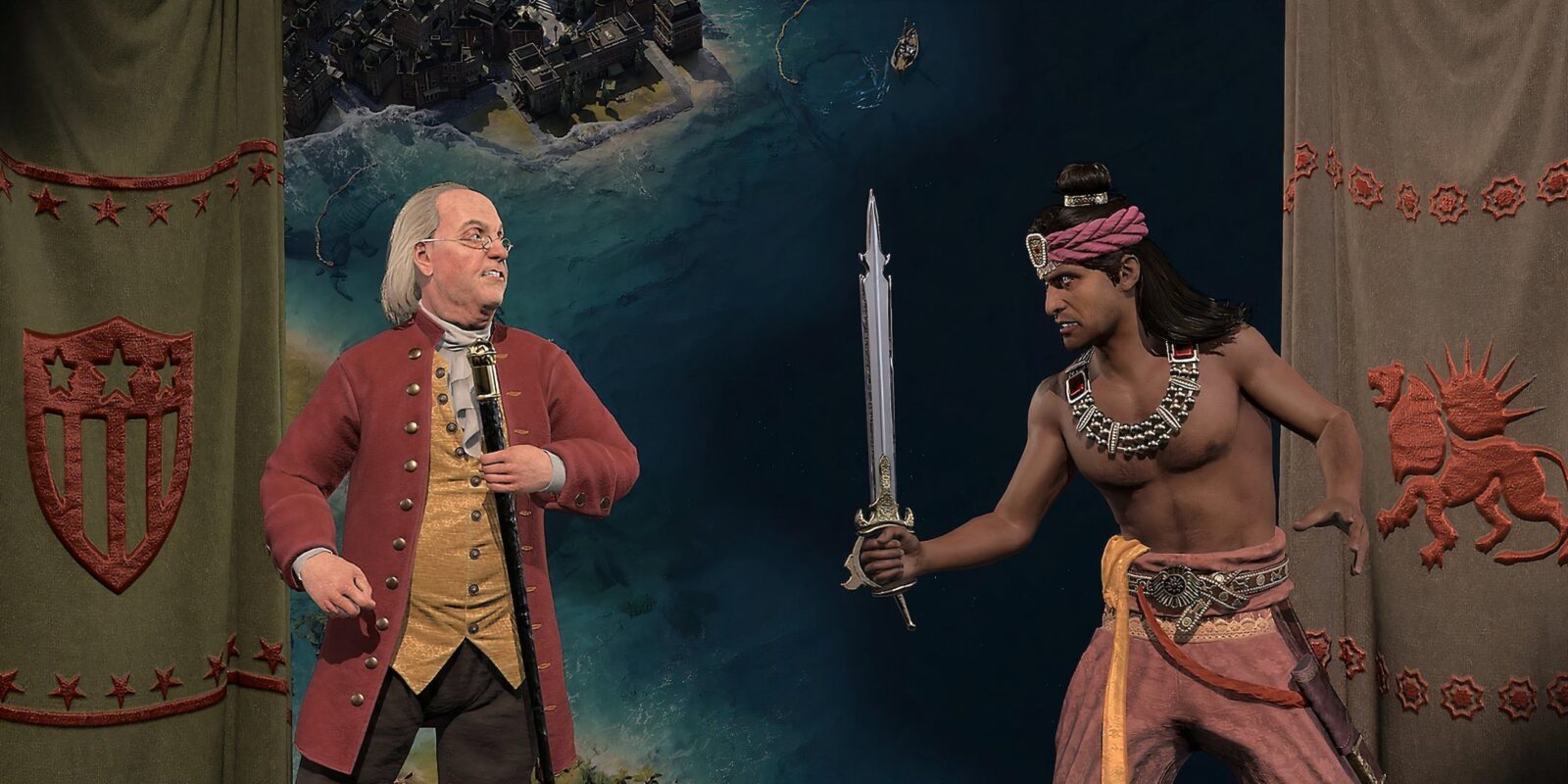

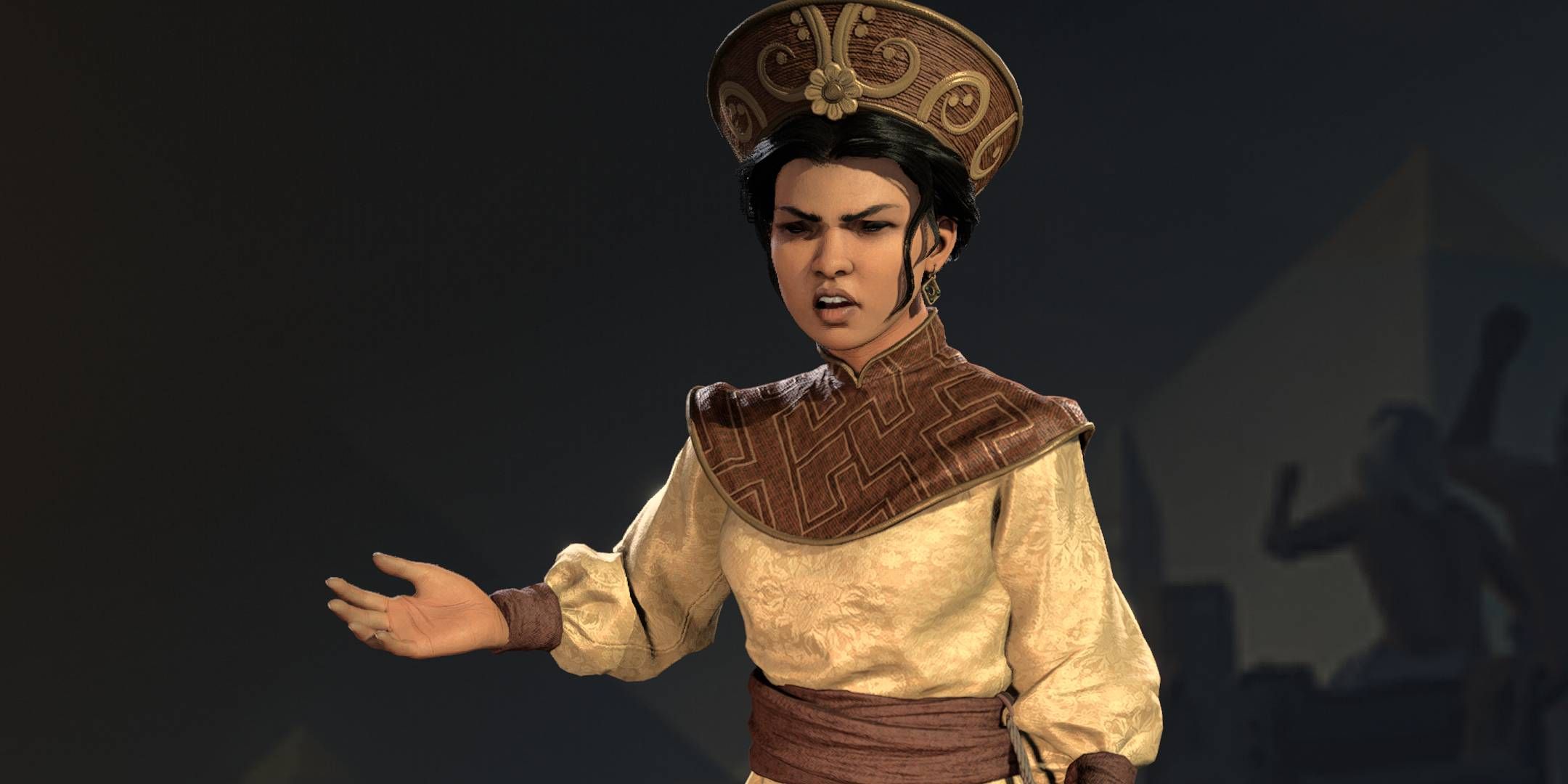
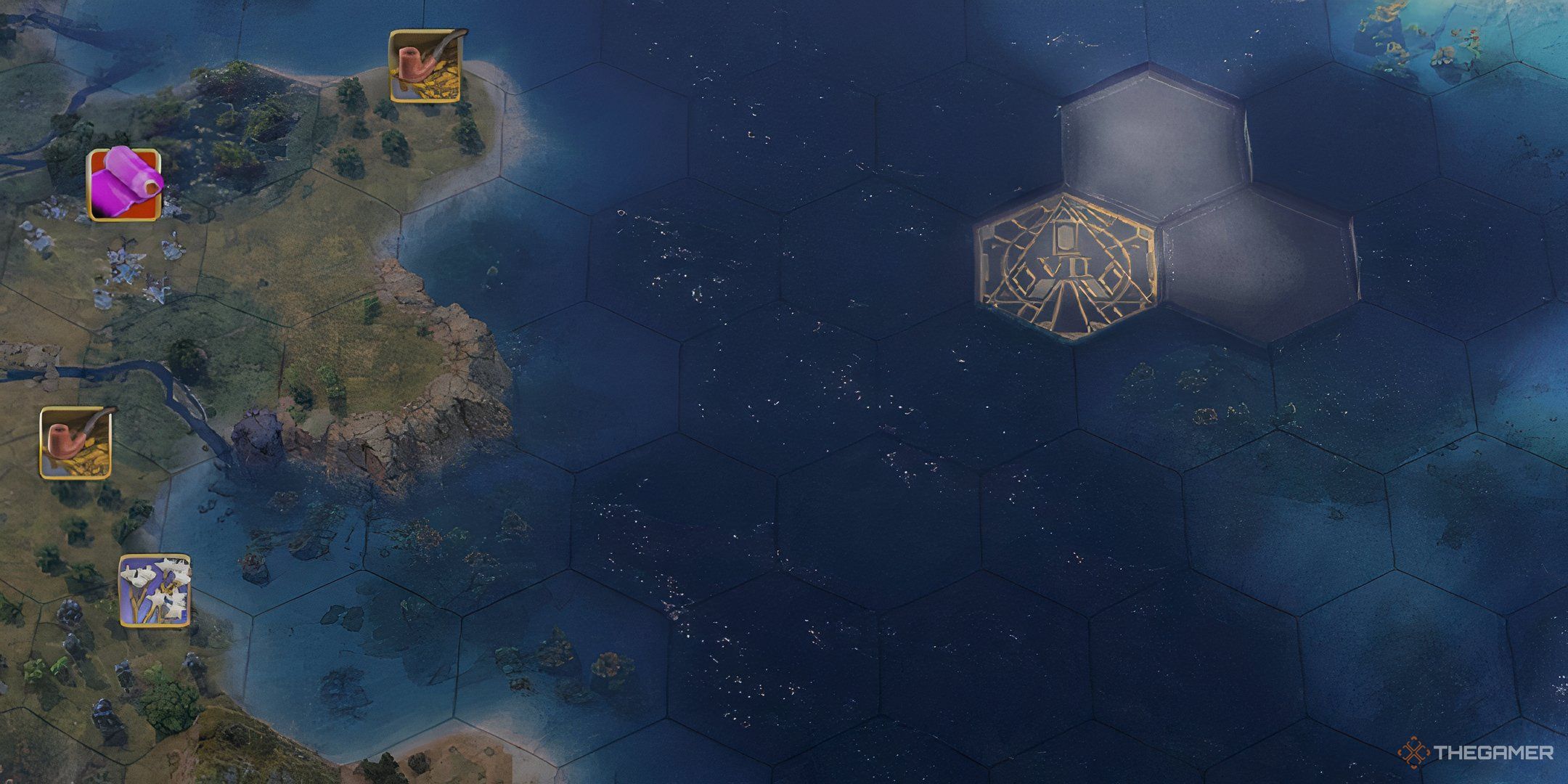
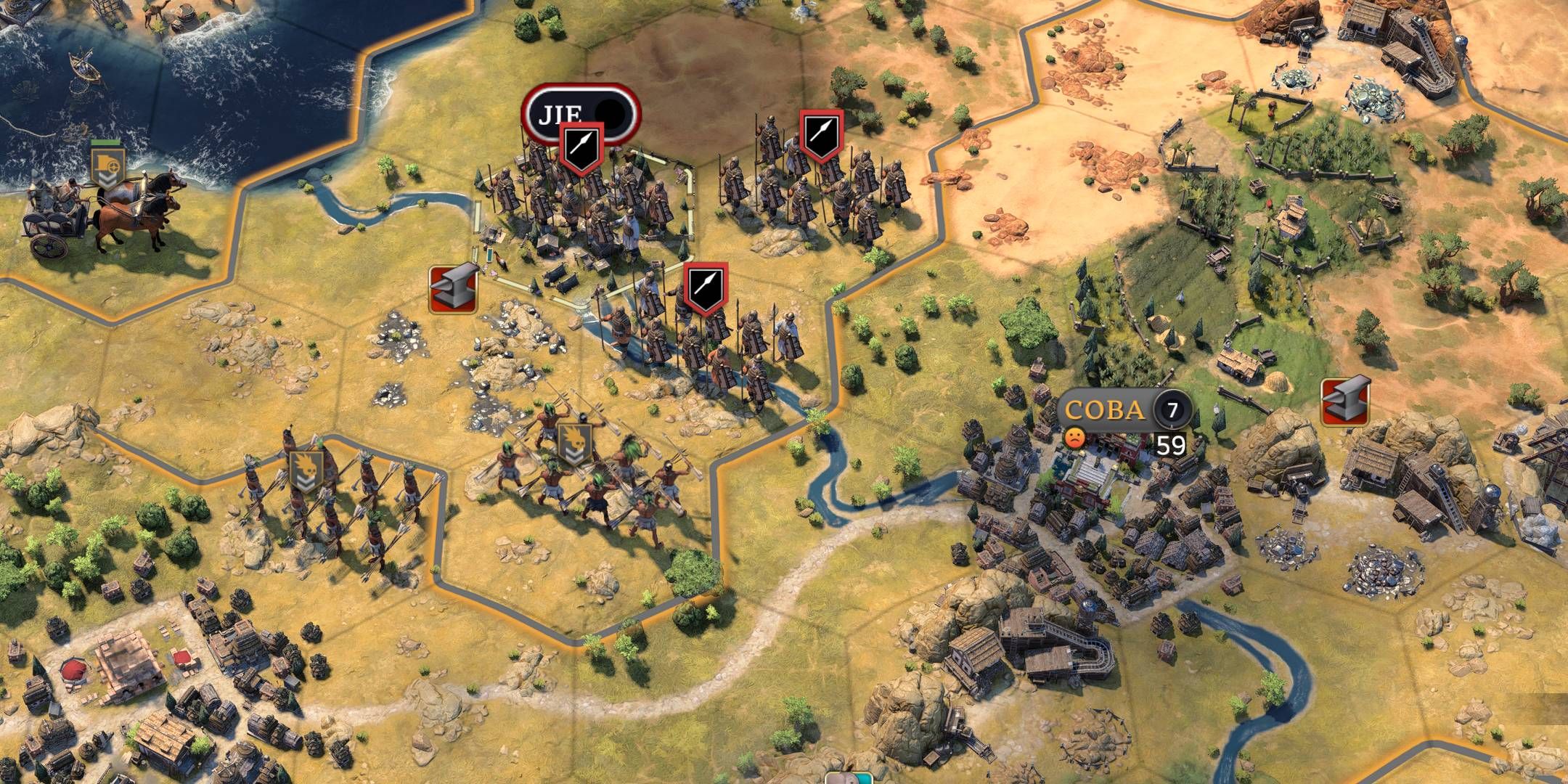
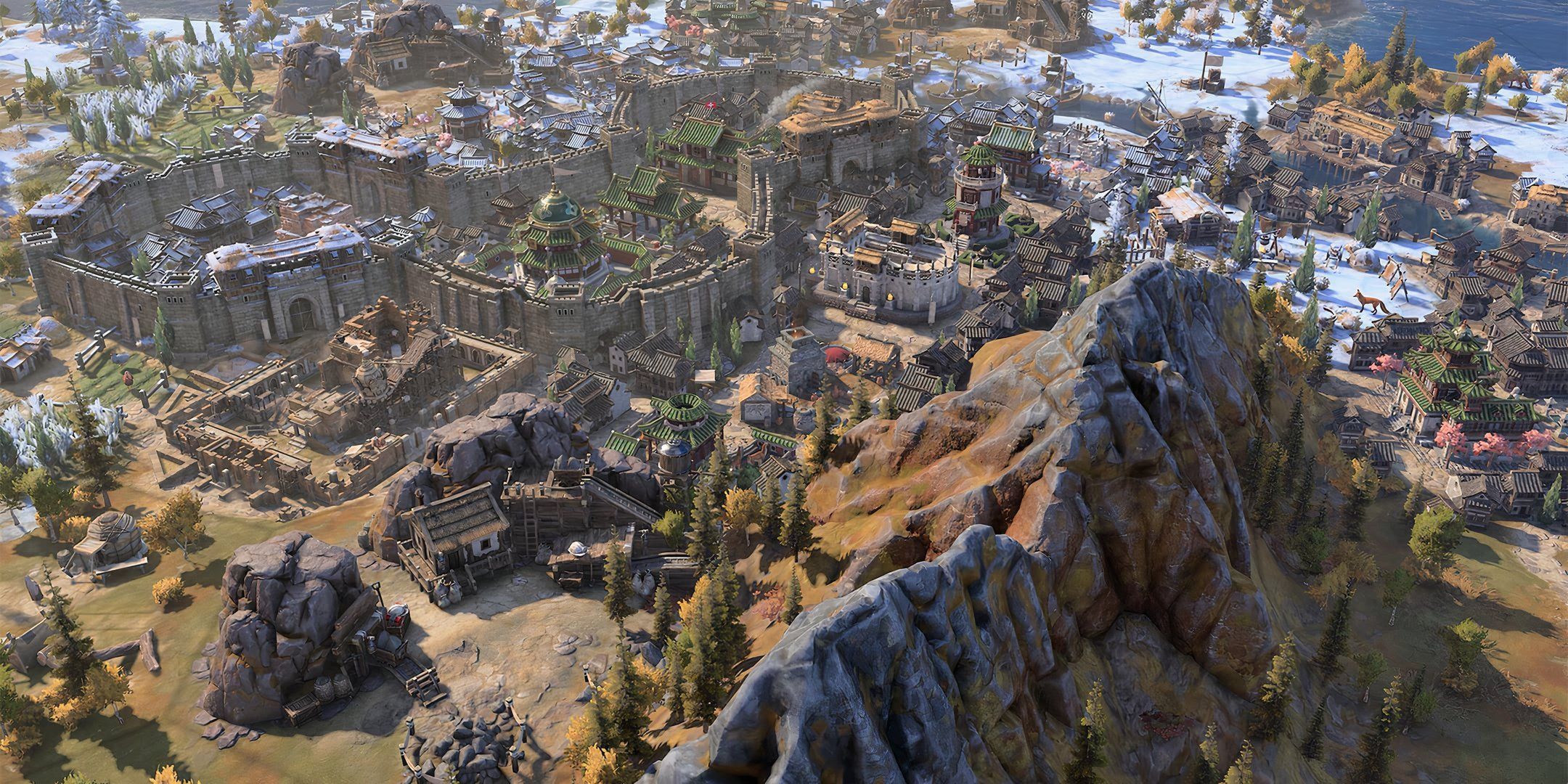
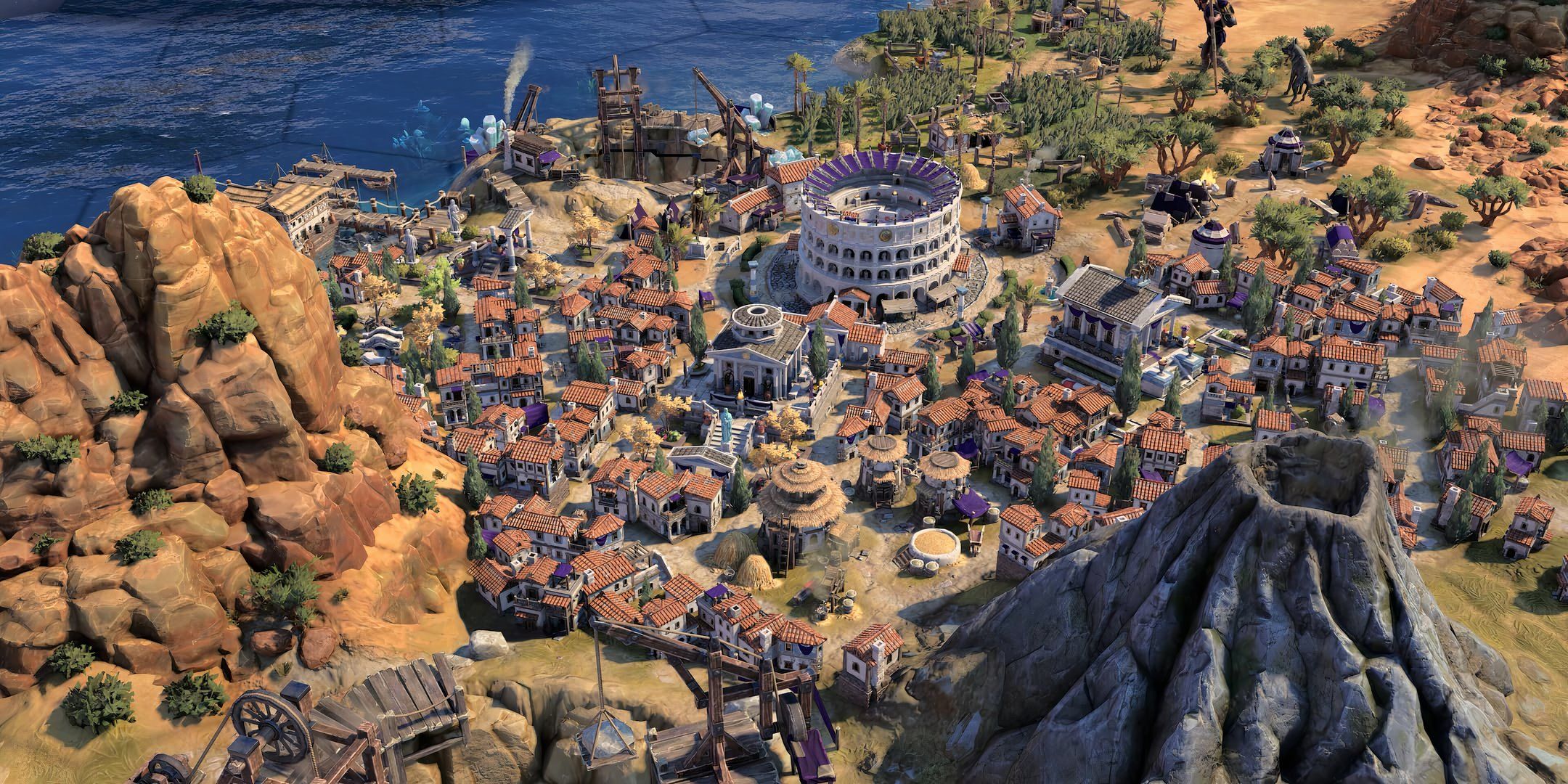
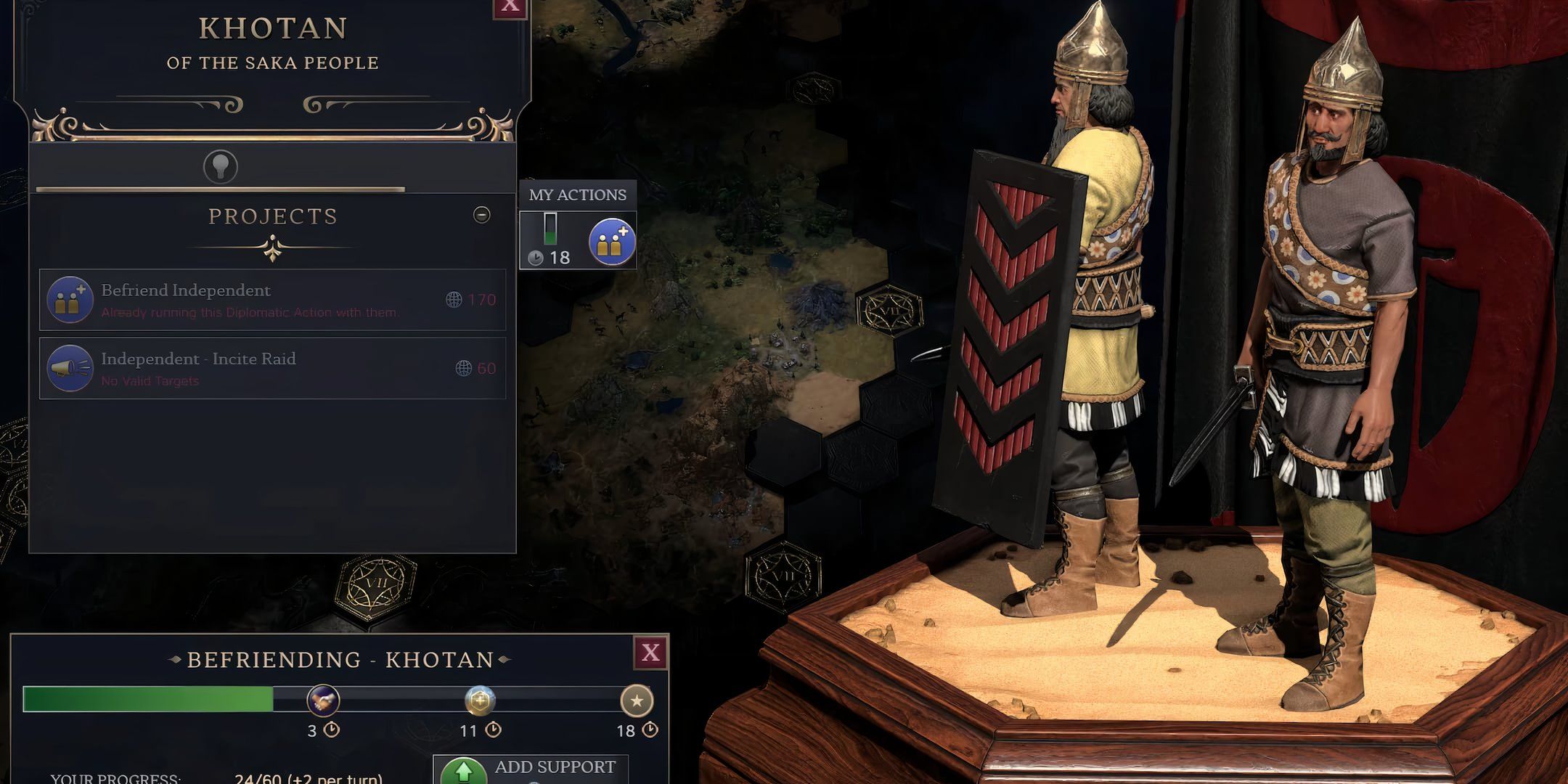
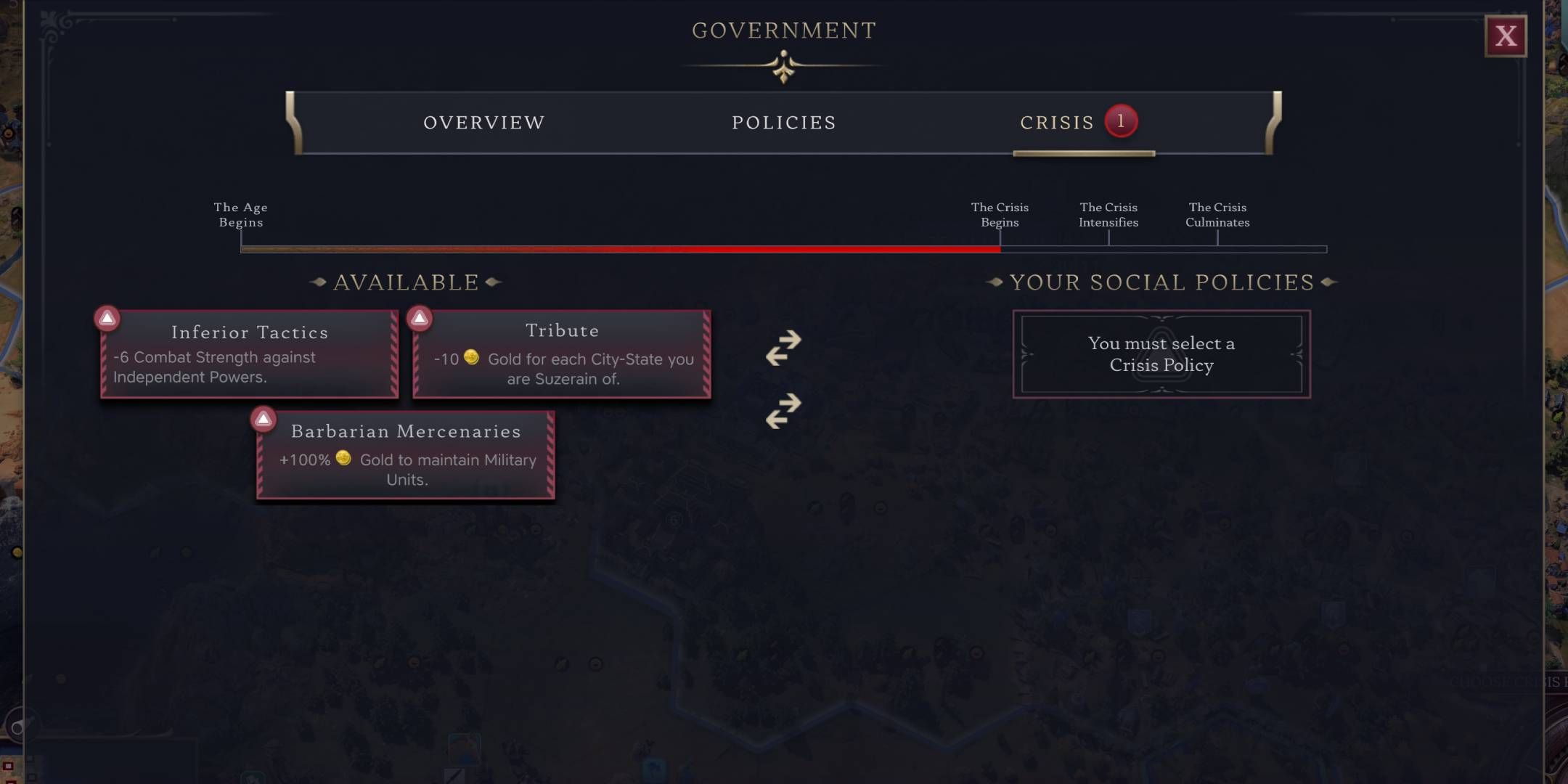
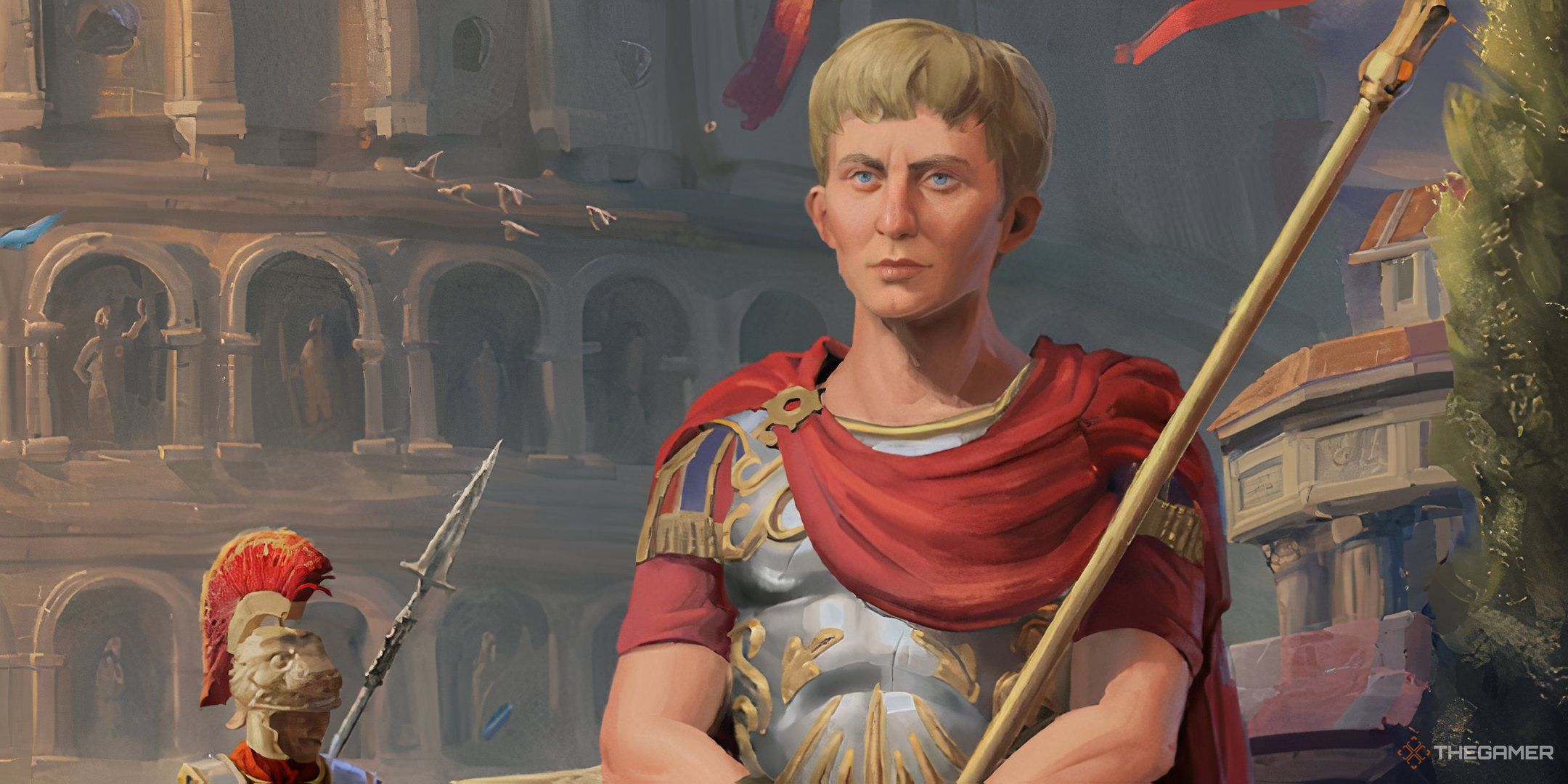
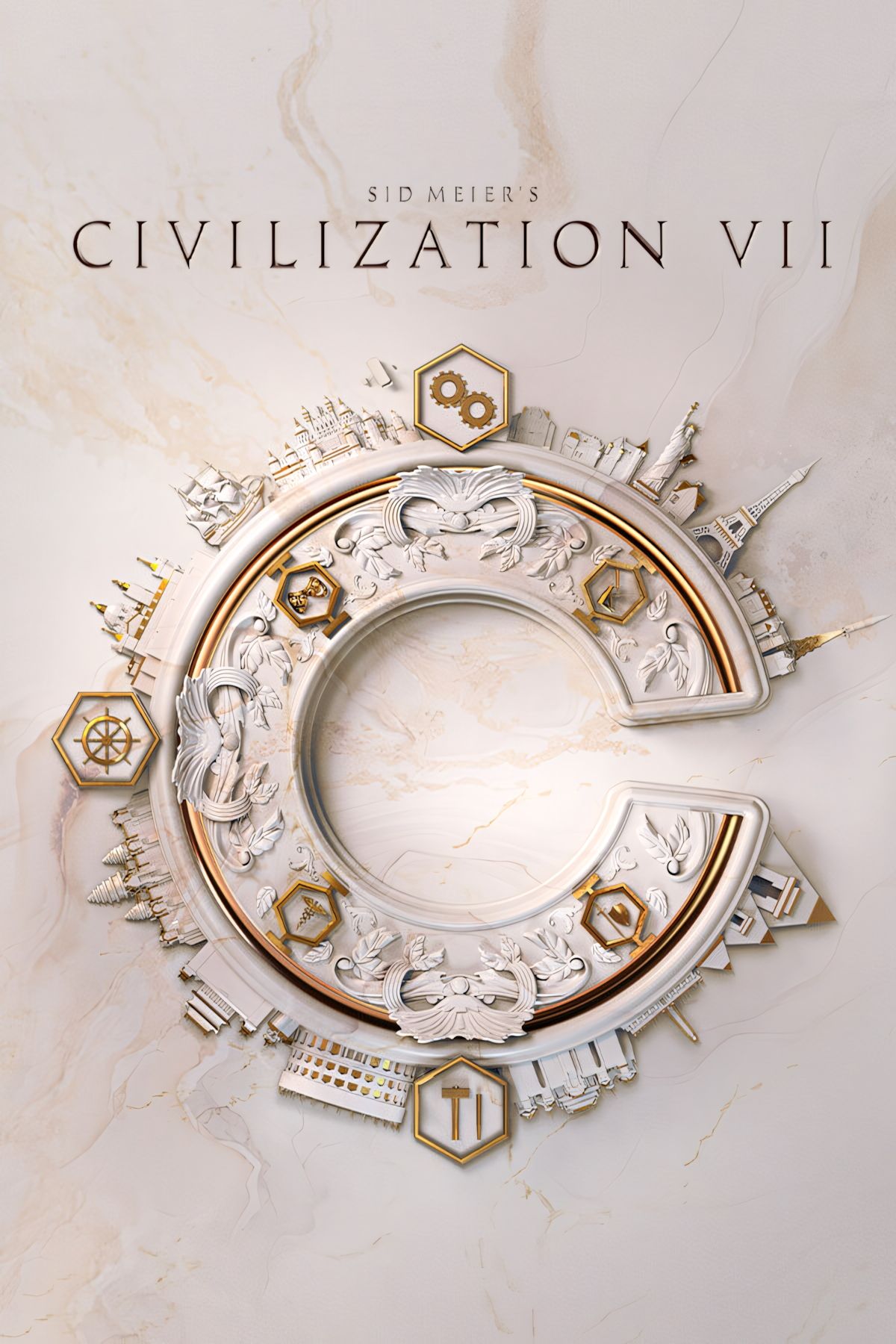





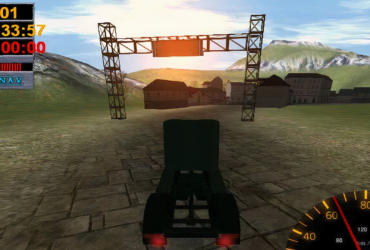



Leave a Reply